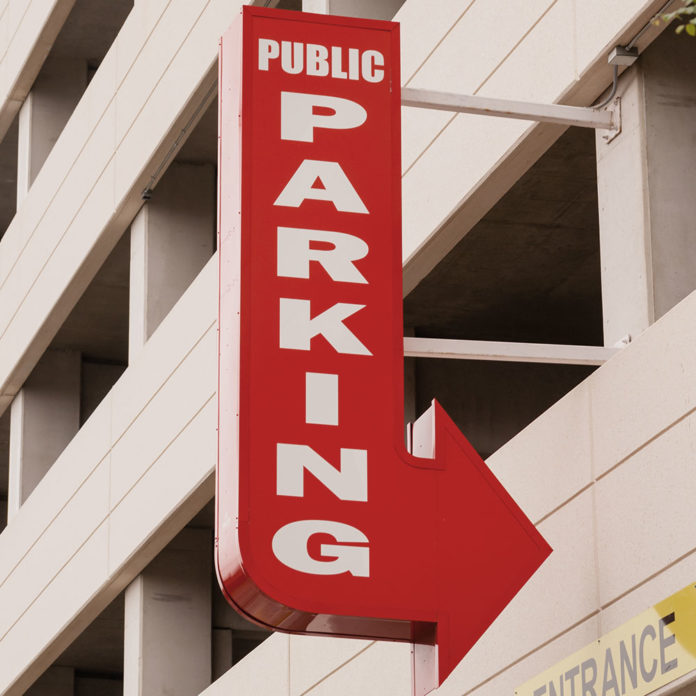
I nearly came to blows with a stranger in the car park this week. When it comes to a perceived injustice, I struggle to reign in my desire to make things right.
As I drove into the supermarket car park, I spotted one open space, close to the entrance. The problem was that the car next to the open space had been parked over the line, leaving me very little room to get in. At this point, I should probably have driven down towards the end of the parking lot where there were a number of wide open spaces, but I didn’t. After all, why should I? Someone had selfishly parked over two spaces and I was determined to prove that I would not be deterred from parking where I had every right to park – so, I did. I squeezed into the tiny space still available and even managed not to go over the other line of my parking bay.
Although it took a great effort to suck in my breath and my stomach, just so I could get out the car, I felt a great sense of achievement. And then, I started plotting what I would write on a note for the offending driver. Time in the supermarket did nothing to calm my growing sense of irritation and by the time I squeezed myself back into the car, I felt bolstered in my resolve to write a scathing note. I looked forward to placing the withering letter of criticism on the windshield of the car next to me and driving off triumphant, but then the driver turned up.
I saw the man pause, look at his car nervously and then stand to one side, waiting for me to drive off so he could comfortably get into his car.
At this point, I should probably have driven off, but I didn’t. Instead, I squeezed myself out of the car and proceeded to tell the man what a selfish person I thought he was for parking over the parking bay.
Now, the thing about human nature is that most of us react defensively when we feel attacked and as my pent up irritation burst out, the shocked man, retaliated. He challenged my state of mind in choosing to park next to him, when there were plenty of wide open spaces further away, a comment which only further riled me. I could not believe that instead of simply apologising for quite obviously making the selfish decision to park over two parking spaces, he was now blaming me?!
When I realised that this childish spat was quickly descending into a war of words and would not be resolved amicably, I drove off in a huff and shaking with rage.
The instant I drove off though, I felt overcome with shame. Why had I chosen to park there? Was I itching to start a fight? How did I allow my own sense of self-righteousness to overwhelm me so quickly and why didn’t I rather choose to defuse the tension?
Sure, the guy acted selfishly and arrogantly, but that did not give me the right to blast him with a torrent of accusations. After all I have, on the rare occasion, parked over a parking space.
Unfortunately we live in a culture that doesn’t like to apologise. We offer excuses, rather than owning our mistakes and learning from them.
Saying unkind things to strangers is easy because it’s likely we’ll never see them again. Surely there’s a better way of doing life in community with others though? When we see an injustice, how do we challenge the behaviour, without leaving the person feeling attacked?
I could have chosen to park somewhere else and that guy would probably have continued to take up two parking spaces whenever he felt like it. He probably won’t now though – not for a while anyway, but if he does choose to consider how he’s parking, it will be because I shamed him and that shames me.
The answer then is not in ignoring injustice, or in delighting in lambasting someone for their failings and mistakes.
If we reflect on the times we’ve been selfish, inconsiderate or arrogant and humbly admit that we are truly sorry for these unhelpful attitudes, perhaps we’ll begin to see others and their foibles in a more helpful perspective. Perhaps only then will we be able to challenge injustice from a place of humility, rather than self-righteousness and pride.
